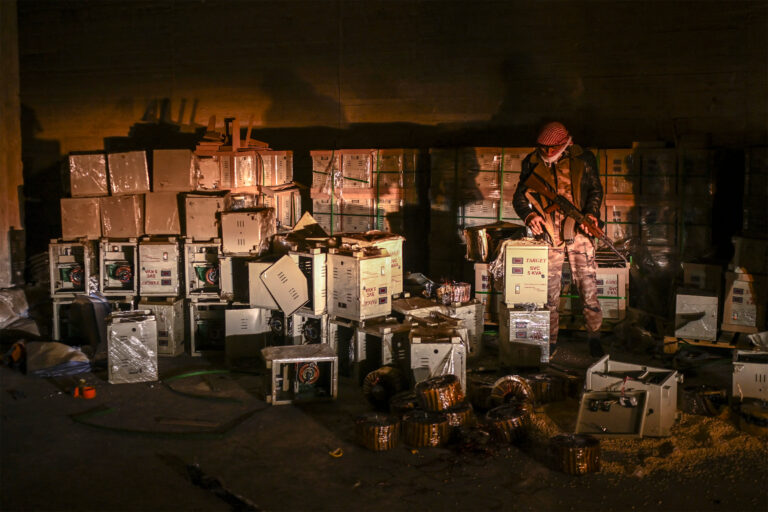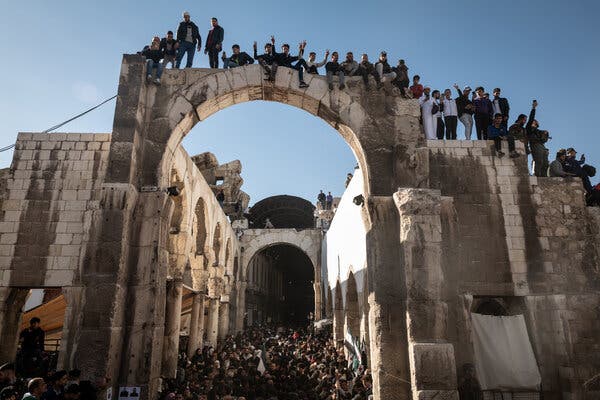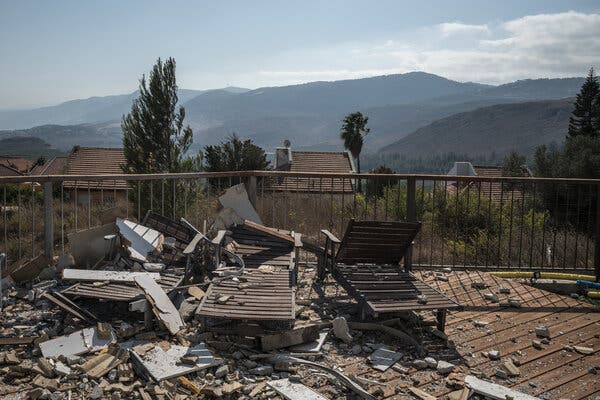With Monday’s attacks across southern Lebanon, the prospect of the escalating conflict enveloping the city has suddenly become real for many Beirut residents.

It began with messages sent by Israel to radio stations and some cellphones in Beirut on Monday morning, warning of imminent military action.
“The I.D.F. will be moving against military bases,” an automated voice said, using the acronym for the Israel Defense Forces. “The I.D.F. don’t want to hurt you. If you are present in a building used by Hezbollah, you should leave.”
The alerts stoked alarm across the capital, the southern suburbs of which are dominated by Hezbollah, the Lebanese militant group. Parents rushed to schools to pick up their children. By early afternoon, lines of cars and motorbikes snaked out from fuel stations and down streets in the city as many residents fled, hoping to find refuge in Lebanon’s northern mountains. Others wandered the mostly empty aisles of grocery stores, their carts stacked with water bottles, bags of rice and jugs of oil, uncertainty hanging in the air.
All the while, news updates flashed across people’s phone screens detailing the more than 1,000 Israeli airstrikes pounding southern Lebanon. Worn by decades of conflicts, many believed they knew what was coming.
“It’s a war,” said Daher Amdi, 34, as he sat outside a mostly empty cafe, taking slow drags from a cigarette.
Residents in Beirut, Lebanon’s capital, have grown increasingly on edge as Israel has stepped up its airstrikes against Hezbollah. With Monday’s strikes across southern Lebanon, the prospect of the escalating conflict enveloping Beirut suddenly became real.



